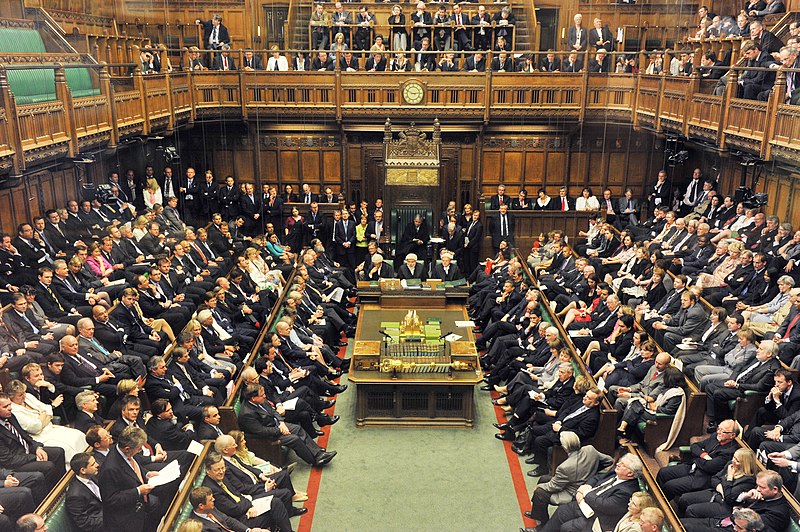
Deputy Prime Minister Angela Rayner will present the Renters' Rights Bill to Parliament today, aiming to abolish Section 21 ‘no fault’ evictions, bringing significant changes to the rental sector.
The Renters' Rights Bill, which promises greater security and protections for millions of renters, is set to be debated by MPs today, marking a significant step forward for tenant rights. This Second Reading comes just weeks after the Bill was first introduced, reflecting the government’s commitment to swiftly implement these reforms within its first 100 days in office.
The Bill delivers on the government’s pledge to reform the rental market by banning Section 21 ‘no fault’ evictions for all new and existing tenancies, addressing one of the leading causes of homelessness. This will provide 11 million private renters with increased security, allowing them to remain in their homes longer and build stable lives within their communities.
In addition to the eviction ban, the Bill will tackle unfair rent increases and extend the Decent Homes Standard and Awaab’s Law to the private rental sector for the first time. This aims to significantly reduce the number of substandard rental properties and empower tenants to raise concerns about issues such as damp, unsafe, and cold homes.
Deputy Prime Minister Angela Rayner stated:
"I am determined to get this Bill into law as soon as possible. The thousands of children and families living in unsafe housing or under the cruel threat of a Section 21 eviction notice have waited far too long already.
We will deliver on our promise to renters, transforming the sector into one where families can settle down, children can grow up in safe and healthy homes, and young people can save for their future."
In her speech to the Commons today, Rayner will outline key aspects of the Bill, which include:
Tenants gaining stronger protections against unreasonable rent increases, supported by a Tribunal. Rent hikes will be limited to once a year and only to the market rate, preventing unfair rent surges.
A faster dispute resolution process through a new Ombudsman service, reducing reliance on the courts.
Local councils being empowered to take action against rogue landlords, with maximum fines increased to £40,000 for serious offenders.
The creation of a landlord database to track property standards and ensure compliance with the law, aiding local councils in targeting criminal landlords.
Tenants being allowed to request pets, with landlords unable to unreasonably refuse. Unfair decisions can be challenged, ensuring renters do not have to choose between their pets and their homes.
This overhaul of the private rented sector is part of the government’s broader strategy to address the housing crisis. Work is already underway to reform the planning system to accelerate homebuilding, with a target of delivering 1.5 million homes during this parliamentary term—a key element of the government's plan to spur economic growth. Photo by UK government, Wikimedia commons.


































